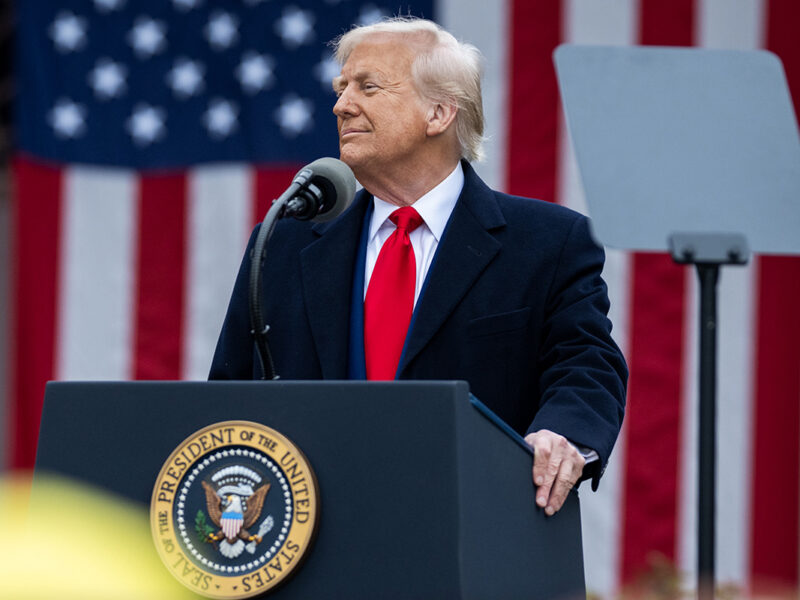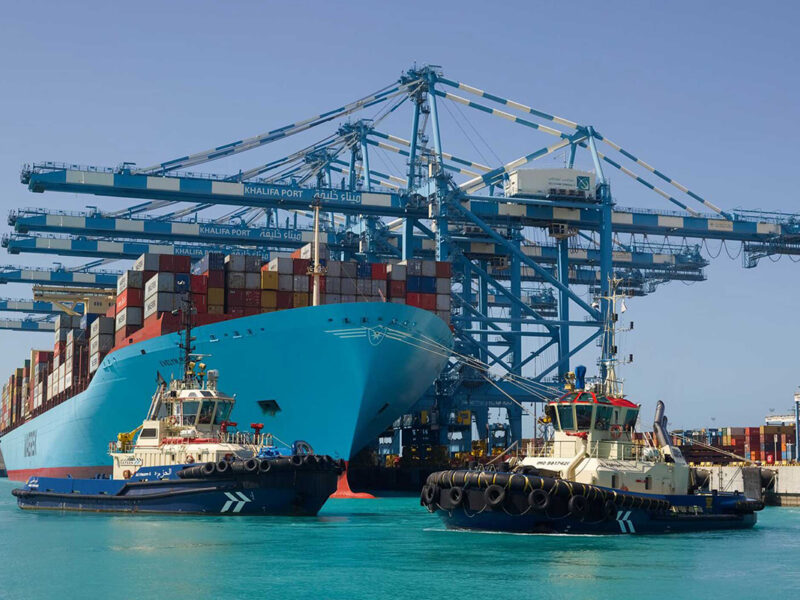A thaw in the rift between four Arab states and Qatar is partly a last-minute foreign policy “win” for the Donald Trump administration in his last days in office, according to UK and Washington DC-based Middle East experts.
On Monday, Saudi Arabia reopened its air, land and sea borders with Qatar, easing a long-running diplomatic crisis that began when the kingdom, along with the UAE, Bahrain and Egypt severed trade, travel and diplomatic ties with Qatar in 2017.
The following day, all four states signed a declaration after the GCC summit of regional leaders in which they vowed “a resolution of all areas of differences and a restoration of all diplomatic ties.”
The diplomatic crisis had complicated US efforts to combat Iranian influence in the region.
In an interview with Arabian Business, Samuel Ramani, a foreign policy analyst and doctoral candidate in international relations at the University of Oxford, said that the de-escalation between Saudi Arabia and Qatar is a “positive development” for the US and American foreign policy objectives in the region.
“First, it ensures that Qatar is more likely to join initiatives combat the threat posed by Iran,” he said. “Qatar is not an advocate of military confrontation with Iran, but it has previously advocated punishing Iran for its destabilizing conduct in the region and its return to this course of action would be welcomed.”
Additionally, Ramani said that the apparent reconciliation makes US arms sales to the Gulf “less complicated”.
“If the US is selling the UAE F-35s and other arms which total $23 billion, Qatar wanted major arms sales too,” he explained. “The Gulf rift meant that selling to the UAE or Qatar would inevitably mean a more expansive arms build-up in the region. That arms race is now avoided.”
A Trump win?
In Washington DC, analysts said the easing of the strained relationship between Saudi Arabia and Qatar can – at least partly – be attributed to the work of the Trump administration.
“The agreement between Riyadh and Doha is a last-minute win for the Trump administration,” said Mohammed Soliman, a senior associate at McLarty Associates’ Middle East and North Africa practice. “However, it could also be attributed to Saudi Arabia and Qatar’s preparation for a Biden presidency, whose policies are likely to push for less regional conflict.”
Soliman added that a reduction in tensions between GCC states also serves to help facilitate US strategy in the region and re-focus its security and diplomatic efforts elsewhere.
“[This is] part of Washington’s strategy to ‘do more with less’ in the Middle East and ultimately focus on competition in the Indo-Pacific,” he noted.
Sarah Elzeini, the CEO and founder of SMZ International Group, a DC-based global advisory and strategic activities company, said that while the Trump administration had increased diplomatic efforts to end the rift between Saudi Arabia and Qatar, it cannot take all the credit for the “historic” achievement.
“The State Department and the White House have been pushing more intensely for reconciliation, more so in 2020 than in previous years,” she said. “The US administration did indeed help facilitate the deal. However, the decision of reconciliation was ushered, made and concluded in the region at its own timing.”
 Sarah Elzeini, CEO and founder of SMZ International Group
Sarah Elzeini, CEO and founder of SMZ International Group
Ramani, for his part, said that regarding an easing of tensions as a “win” for Trump is a “mixed bag.”
“Trump’s visit to Riyadh in 2017 and initial expressions of support for Saudi Crown Prince Mohammed bin Salman’s blockade of Qatar contributed to and worsened the early stages of the crisis. Trump is to blame for that part,” he said. “But Jared Kushner’s shuttle diplomacy in the Gulf has borne fruit with the opening of Saudi Arabia’s airspace, so Trump’s supporters will frame it as a diplomatic victory.”
Ultimately, Ramani said he believes that the Trump administration’s role in the GCC diplomatic rift with Qatar and eventual reconciliation will be highly politicised in the United States.
“Like most issues in US foreign policy, the Qatar crisis will be a polarising one. Republicans will emphasize Kushner’s diplomatic successes, while Democrats might focus on the permissive policies of the US that gave Saudi Arabia and the UAE a blank-check to isolate Qatar in the first place.”
What’s next?
Elana DeLozier, a senior fellow and Gulf specialist at the DC-based Washington Institute for Near East Policy, said that Washington will be closely watching the next reconciliatory steps from Riyadh and Doha.
 Mohammed Soliman from McLarty Associates (left), with Elana DeLozier, Gulf specialist at the Washington Institute for Near East Policy
Mohammed Soliman from McLarty Associates (left), with Elana DeLozier, Gulf specialist at the Washington Institute for Near East Policy
“I think we have to tame our expectations in these early days. What’s happened so far has been the superficial side of things: signing agreements and taking pictures and video. But the devil is in the details, and we don’t really know the details,” she said. “We know that when the Saudis and Qataris were dealing in details last year, they had a really hard time. The question is what it looks like six months from now.”
In the case of Saudi Arabia, DeLozier said that the tensions may help the kingdom as it works to build good relations with President Biden, who in the past has been repeatedly critical of its government.
“It certainly takes one thing off the Biden administration’s list… it certainly helps,” she said. “It puts plus points in the Saudi column, but I don’t think that means that that the Biden administration forgets all the other issues they have with Saudi Arabia, which are numerous and pretty intensely felt. It’s not a clean slate.”









